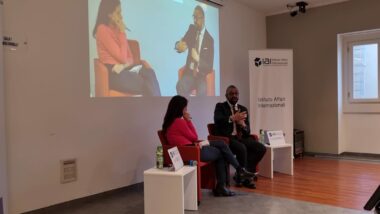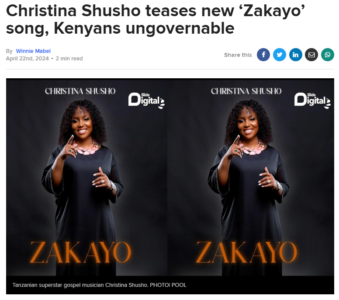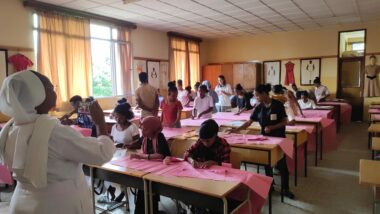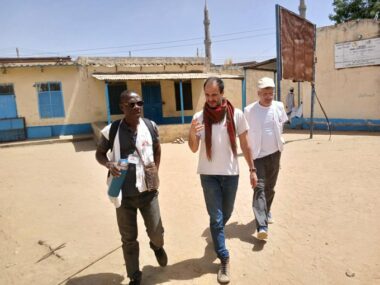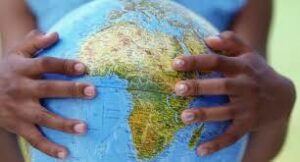Ambassador Lobasso (Italian Foreign Office): “Let’s discover Africa thanks to digital diasporas”
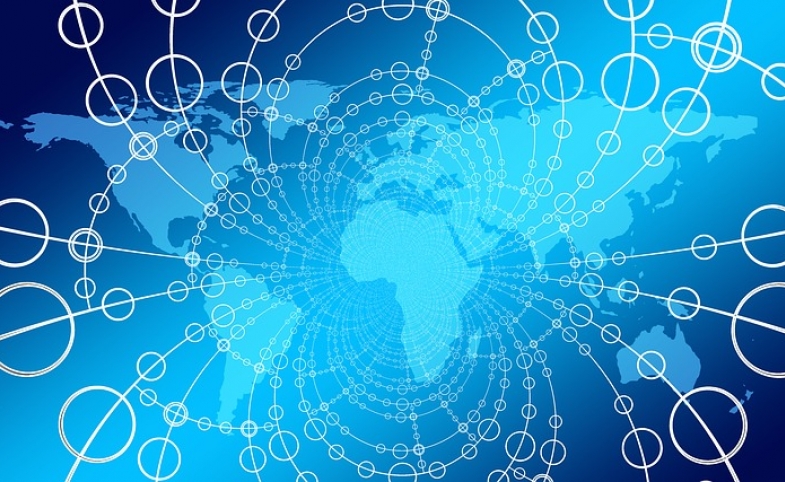
ROME – Digital innovation speeds up the process of getting to know and understand both multiple and ever-changing African culture; we are gradually learning to recognise it thanks to the never ending flow of information, in particular from telecommunication networks. This is the outlook for African culture as seen by Fabrizio Lobasso, Central Deputy Director for the Countries of Sub-Saharan Africa at the Foreign Ministry and for international cooperation.
Lobasso pointed out the importance of social issues, sustainability and peace. He has just got back to Rome after holding the post of Ambassador for Italy to Sudan. Moreover, he is author of the book “The Cross-cultural Diplomat” (2014 ,published by Giappichelli ). He talked to the Dire Agency about “identity” and global collaboration and citizenship and his role of moderator of the fourth webinar of the Diasporas Program entitled: ‘Innovation, Digitalization and Sustainability for Social and Ecological Transition” , organized by Luiss Guido Carli .His optimism and hope for the future came across in the interview. “Our knowledge of African culture” , said Lobasso, “ is bound to improve with the passing of time, thanks to the fact that digitalization and innovation are gradually bringing African culture closer to the rest of the world, which is now within our reach, in the context of modern times.”
There is a premise that the Luis Programme goes much further than make a mere reflection on technology. The diplomat went on to say ”We are analysing African culture and trying to spot the true value of identity, in particular, African identity.This is a gradual process and cultural variety and mutability will become more evident over time, above all through the support of the diasporas.” This relationship with Africa today is far more solid and enriched compared with that of a few decades ago .“ We live in an era of split time and interspace” pointed out Lobasso who was convinced that the era of the collaboration with African diasporas was fundamental. He added : ”22 per cent of Italian foreigners are Africans, many of which come from the countries of Maghreb, while others come from countries such as Nigeria, Ghana, the Ivory Coast, Senegal e Mali ; these countries are the key to understanding African identity.In our quest to build a bridge between Italy and Africa , the African Diasporas are the protagonists by virtue of their mediation between Italy and their mother country and their current message they get across the web which is to the point and encourages collaboration all around.”
The communities of foreign origin, so, are like human bridges and are an added value for the world of the university. Lobasso went on to point out: “As far as phenomenons related to intercultural communication are concerned , the units of Italian diasporas are real ‘informants’. In fact, the researcher turns to them in the first place, in order to get to know and understand the object of his interest, in this case, our African friend”-
Le notizie del sito Dire sono utilizzabili e riproducibili, a condizione di citare espressamente la fonte Agenzia DIRE e l’indirizzo www.dire.it





